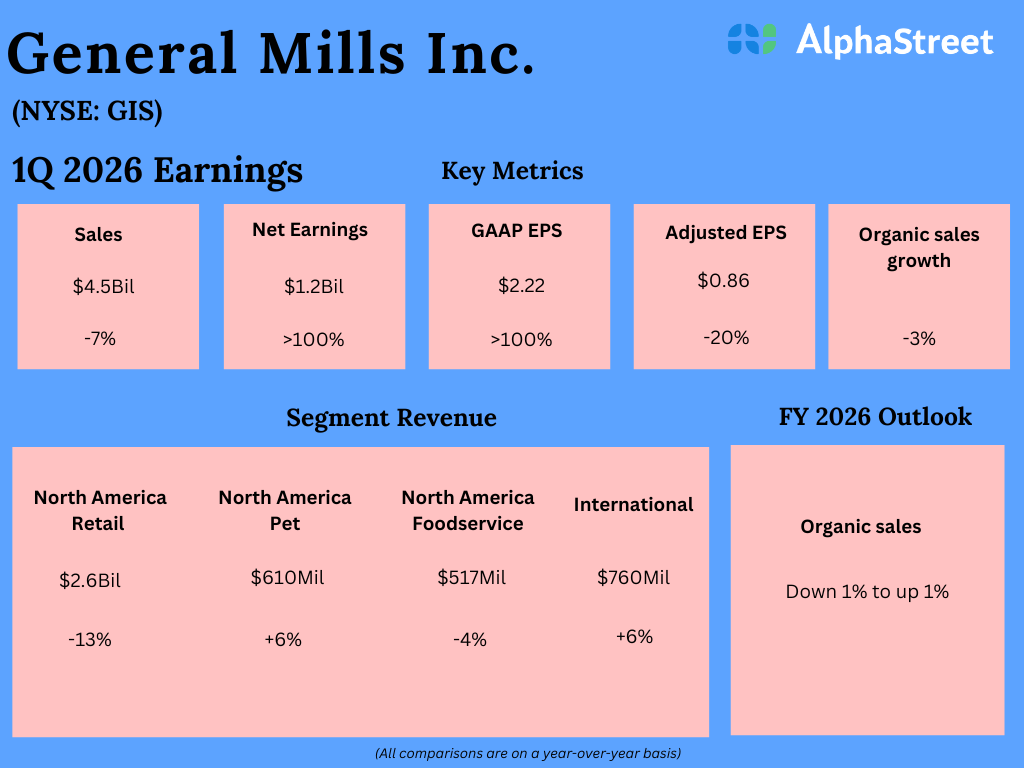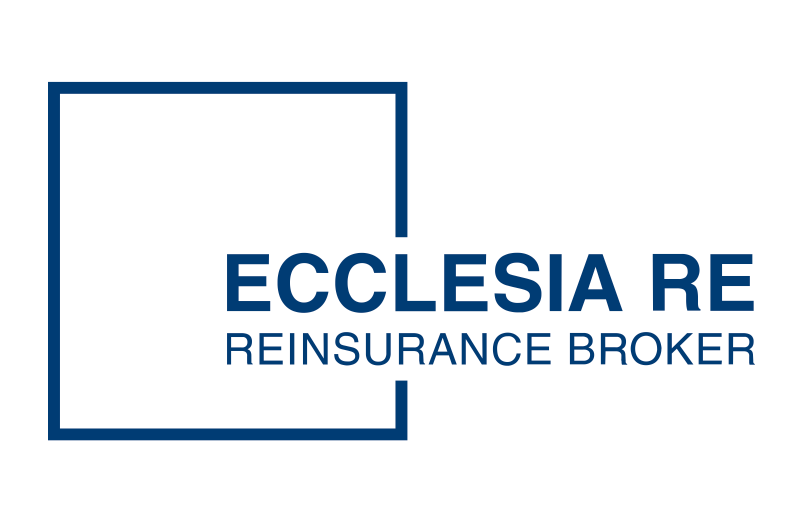Now you know more about both the pros and cons of buying a house in a recession, it’s time to find out what the experts say about the current economic market and buying a home in it.
National Bureau of Economic Research Outlook
First of all, on the matter of whether we are actually in a recession right now or can expect one soon, the National Bureau of Economic Research (NBER) is a good place to begin. Currently, NBER has not stated we are in a recession, although they will not do so until well into a significant economic downturn.
However, by analyzing some of the same factors as the NBER, including data on Unemployment, Non-farm jobs data, Industrial price index (IPI), Retail sales, Real personal income less transfers (PILT), and GDP we can get a good idea of whether we are in a recession or not.
Indeed, while the GDP had a downturn during Q1 and Q2 of 2022, by the third quarter it has recovered. Similarly, unemployment rates dropped back to pre-pandemic levels as of November 2022 (3.7%). It’s also true that retail sales were down 0.6% month-over-month, however, they were up 6.5% year-over-year. The Industrial Production Index has also stayed consistent since April 2022 with no nosedive.
All of these factors suggest that we are not currently in a recession. Yet, inflation remains high and the pandemic and geopolitical conflict are contributing to an uneasy economic atmosphere in both the US and globally.
This unease is leading some to label the current economic situation as a: “white collar recession,” “Patagonia vest recession,” and “Richcession”, suggesting that the people it is hitting most are the middle classes.
Expert Advice
If you are considering buying a house during the current economic climate, the following experts provide some skilled advice that can help you make your decision:
Dawn Allcot, Yahoo Finance
Dawn Allcot Yahoo Finance states that if you do decide to buy a home during a recession then there are some specific procedures you should follow:
Firstly, she states you should always look for a home in a good location that can be easily enhanced with simple repairs to add value. Homes with significant structural damage should be avoided as they can too easily drain any potential value.
Allacott also suggests that when buying during a recession it’s vital that you do not overreach financially This means maintaining energy savings even when buying a home, as well as carefully calculating all the costs involved to make sure you can cover them without going broke.
Farnoosh Torabi, CNET
Farnoosh Torabi writing for CNET advises that it’s better to wait for more favorable economic circumstances than to buy right now.
First of all, she reminds us that with high mortgage rates buying a home could cost a significant amount more per month than renting. Around $200 she estimates, which makes it a poor choice for anyone looking to conserve their resources.
Additionally, Torabi highlights that not buying a home right now (in a bubble market that is soon to pop according to some) means you’re not running the risk of having to sell at a loss later on when a recession hits.
Lastly, Torabi emphasizes that in times of economic uncertainty, “cash is power” and that means by choosing not to buy right now you will have more immediate access to the cash you would have spent on down payment and closing costs.
Ramit Sethi, IWT
Last but not least, here’s my advice. I think that putting all of your money into buying a home isn’t always the best investment, especially in a recession or unusual economic circumstance like the ones we currently find ourselves in.
This is because the monthly cost of buying a home can be significantly more than renting, and there are extra costs to consider as well as your mortgages such as taxes, fees, and home insurance.
With that in mind, I suggest that it’s best to keep the total of your housing costs to under 28% of your GMI (gross monthly income), and your total household debt under 36% of your GMI, and if buying a home puts you over this, it’s not the right decision.







































